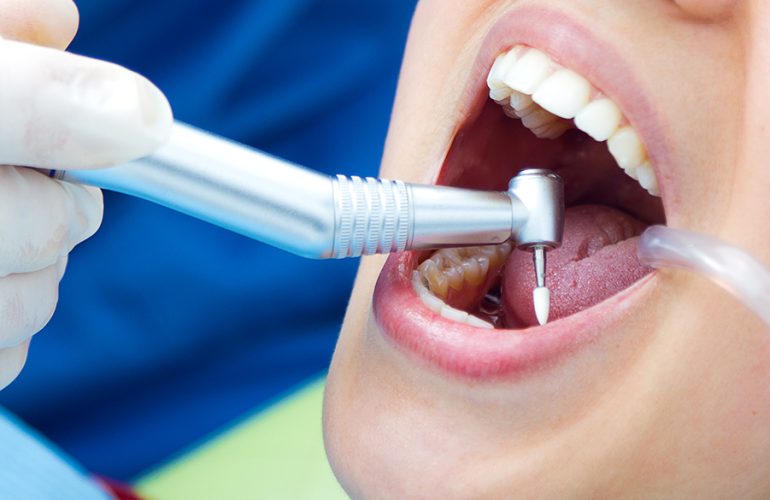What Is A Dental Implant?
Dental implants are structures that act as a replacement for missing teeth. These were first introduced by an orthopedic surgeon from Sweden in 1952, known as Per-Ingvar Brånemark. Over the years, dental implants have been considered a standard treatment mode for prosthetic substitution of missing teeth
The process of getting dental implants
Dental implants are a popular and effective way to replace missing teeth. The process of getting dental implants is usually as follows:
First, the dentist will examine your mouth and take X-rays to determine if you are a good candidate for dental implants. If you are, the next step is to have a small titanium screw placed into your jawbone. This will serve as the base for the artificial tooth.
After the titanium screw has been placed, it will need to heal for several months before the artificial tooth can be attached. Once it has healed, the artificial tooth (called a crown) will be placed on top of the screw.
The entire process usually takes several months from start to finish, but once it is complete you will have a natural-looking and durable replacement for your missing tooth (or teeth).
Different Implant Procedures -
Below are listed some of the implant Procedures out of which Zygomatic Implants is Our Specialty.
Conventional implants
In the past, getting dental implants usually meant undergoing a surgery where metal posts were inserted into your jawbone. The posts would then protrude from your gums and act as artificial teeth. This process was often painful and could take months to recover from. However, recent advancements in technology have made dental implants much more accessible and less invasive.
Nowadays, getting dental implants is a much simpler process. The first step is to consult with your dentist to see if you’re a good candidate for the procedure.
Basal implants
Basal implants are a type of dental implant that is placed in the jawbone. This type of implant is used when there is not enough bone tissue to support a conventional dental implant.
Basal implants are made of titanium and are placed in the jawbone using a surgical procedure. The surgery involves making an incision in the gum tissue and then drilling a hole into the jawbone. The implant is then inserted into the hole and secured with screws. The gums are then sutured closed.
Basal implants have a success rate of over 95%. They are considered to be a safe and effective way to replace missing teeth. Basal implants can be used to support a single tooth, multiple teeth, or even dentures.
All on four implants
The all on four dental implants surgery is a procedure in which four titanium posts are placed into the jawbone to provide support for a full set of dentures. This surgery is an alternative to traditional dentures, which can be uncomfortable and unstable. All on four implants are a permanent solution that will give you the confidence to eat, smile, and talk without worry.

The surgery is typically done in one day, and you can expect to see results within a few months.
Zygomatic implants
Zygomatic implants are a type of dental implant that is used to support a dental prosthesis in the upper jaw when there is insufficient bone height in the vertical dimension. This type of implant is placed in the zygomatic bone, which is located behind the cheekbone. Zygomatic implants are longer than traditional dental implants and can be used to support a single tooth, multiple teeth, or a full arch of teeth.

Zygomatic implants have several advantages over traditional dental implants. First, they can be placed in patients who do not have enough bone height for traditional implants. Second, they can be placed without the need for a sinus lift, which is a common procedure associated with traditional dental implants.
Digitaly guided implants
Digital implants are an exciting new development in the world of dental implants. Unlike traditional implants, which are placed manually by a dentist, digital implants are placed using computer-guided technology. This means that the implant can be placed more accurately and with less chance for error.
Digital implants also have the potential to be less expensive than traditional implants, as the computer-guided technology can reduce the amount of time needed for placement. This could potentially save patients hundreds or even thousands of dollars on their implant procedure.
If you’re considering dental implants, be sure to ask your dentist about digital implants. This new technology could provide you with a more accurate and affordable option for replacement teeth.
Get No Teeth to Fixed Teeth in Just 3 Days! Fastest Ever!




Benefits of Dental Implant

Our dentist

Dr. Reecha





